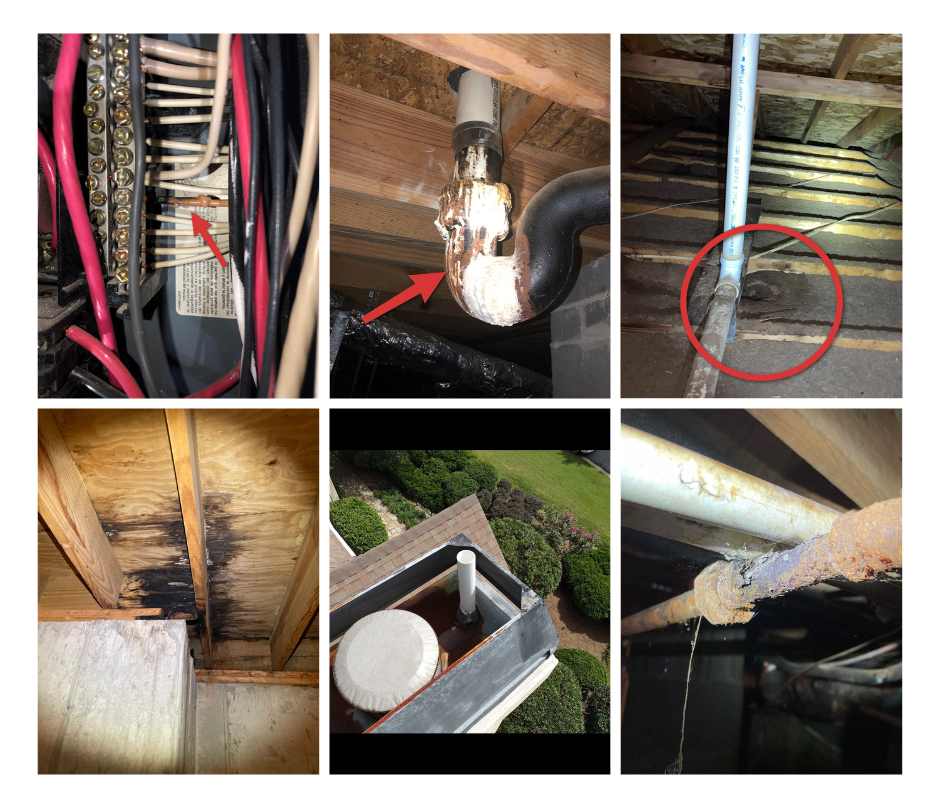For most people, real estate purchases are one of the largest, and arguably most important, transactions that they will make within their lifetime. Budget aside, the decision to buy a home is a massive undertaking, from securing funding to finding the 'right' property- few aspects of the process are 'easy'.
Why is the Home Inspection necessary?
While most states do not 'legally require' an inspection: many lenders do! Regardless of whether it is 'required', a home inspection provides something that is invaluable during the strenuous process of a real estate transaction- peace of mind.
A seasoned home inspector will diligently comb through the history, systems, and integrity of a property- illuminating top concerns of buyers and agents. These include:
- Grounds & Grading assessment
- Roof, Structural & Foundation concerns
- HVAC, Electrical, Plumbing/Sewer condition
- Life Safety issues
- Radon, Mold & Termite/Pest activity
In some instances, they will even find problems that the seller is not aware of!
Through the execution of a home inspection contingency- a buyer can decide to retract or modify their original offer in the event of costly concerns or issues. Such an arrangement can ultimately save the buyer thousands of dollars in future repairs. Even for a seasoned contractor who is well-versed in the nuances of residential construction, a home inspector provides an expert opinion on the wellbeing of the property- shielding you from countless hours of stress and heartache.
What if the Seller doesn't allow the inspection contingency?
With the strong home demand resulting from tight inventory and low interest rates, home prices are surging and buyers are ending up in bidding wars and ultimately paying above asking price. As a result, it has become more common to bypass the home inspection or make the purchase not contingent upon that process.
Now with waiving contingencies the new homeowner could be acquiring the aforementioned items without knowing what might be lurking. They don't go away having waived the inspection. Have an inspection performed before or after closing anyway, so that if there are any Significant issues they can be highlighted, prioritized and remedied in an efficient manner. Over 77% of homeowners have dealt with unexpected expenses for repairs in their first year of home ownership, don't pass on the inspection and plan for the unexpected.


